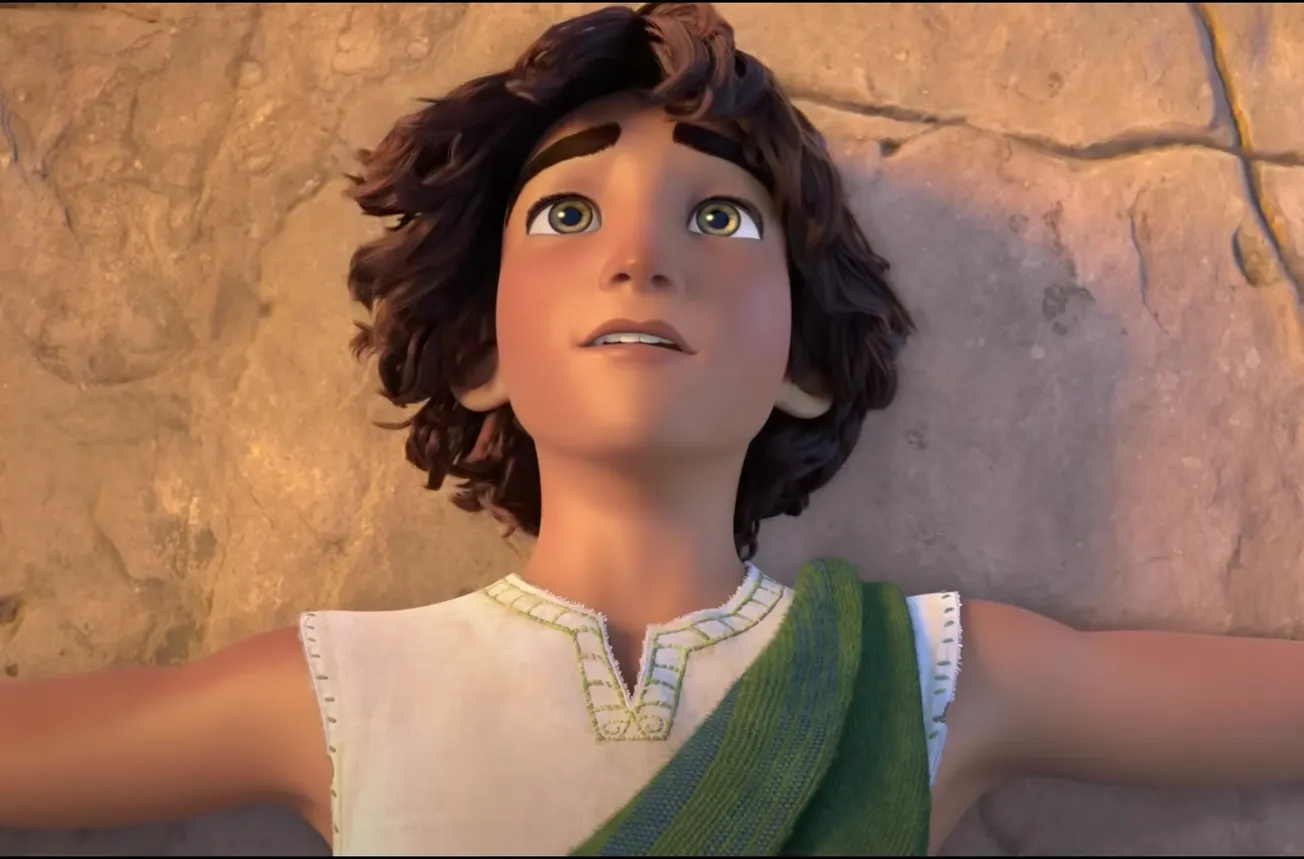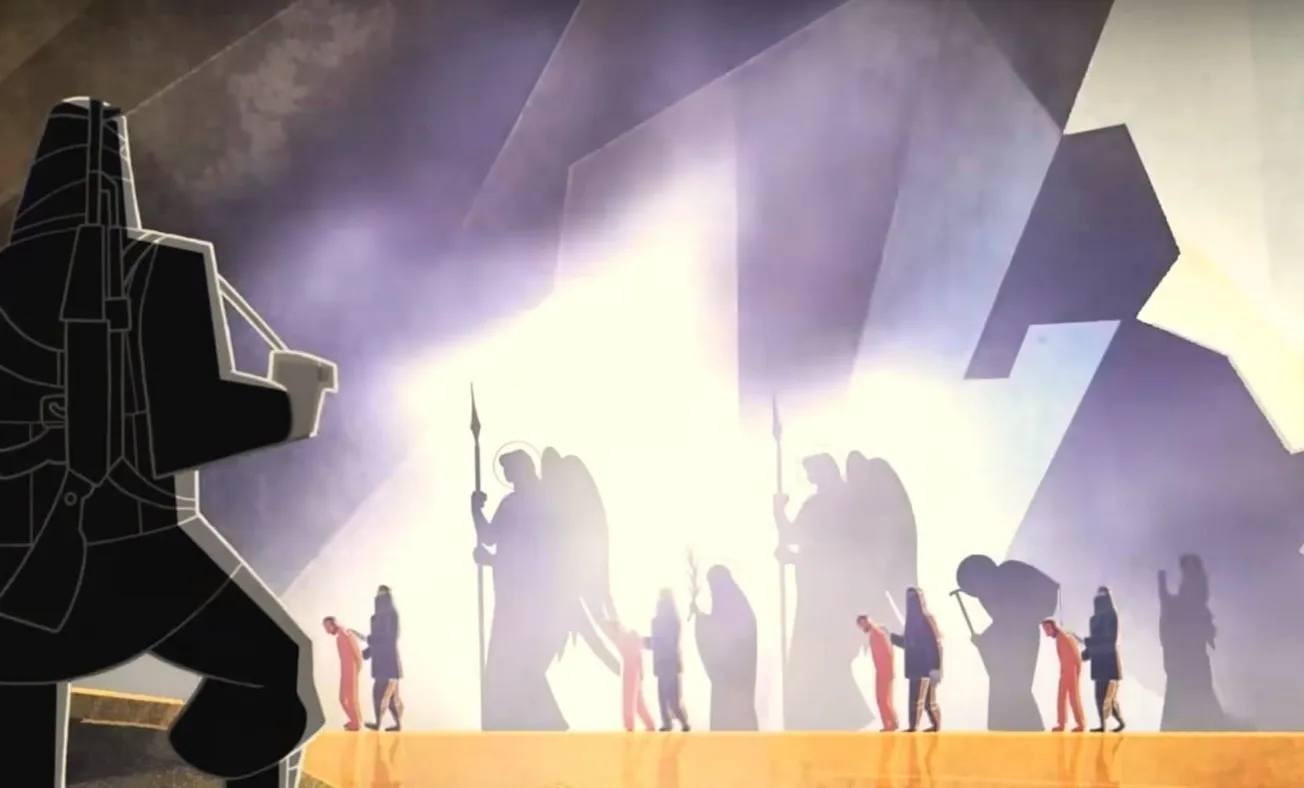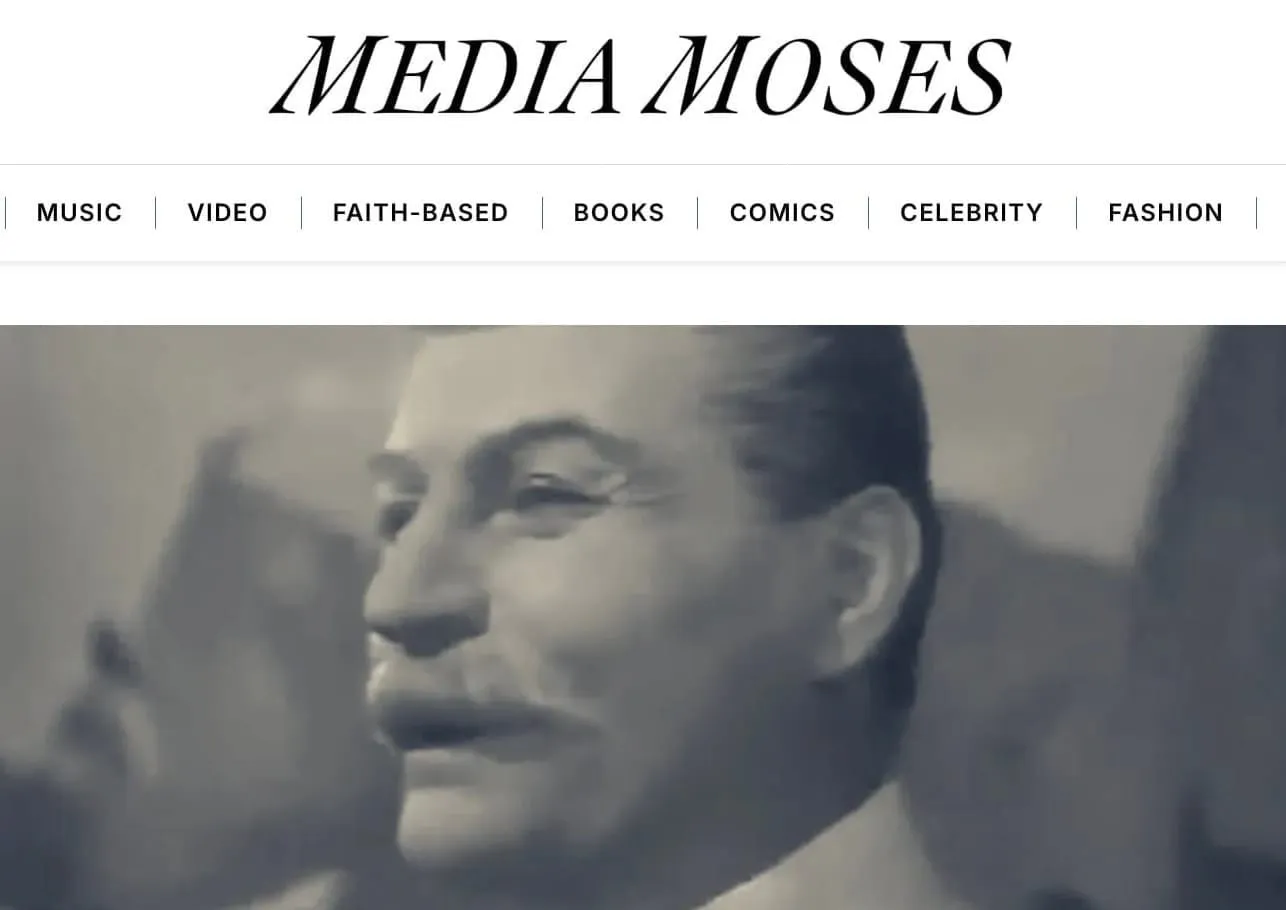If you like crime or murder mystery podcasts, I have something for you.
Have you heard of William Tyndale or John Wycliffe? If not you may never understand how men died to bring freedom to our country, because before American freedom there was the freedom that came to the Church in the form of the Bible written in their own languages.
This freedom now continues in the form of knowledge around the world, including books of all kinds, journalism, and a diversity of thought which the Reformation brought to the world, as freedom in Christ, a philosophy of individualism, the Age of Reason, and Enlightenment values. But where can someone learn more about this without spending hours, nose deep in numerous history books? Obviously, podcasts and audio books.
If you listen to podcasts about crime or murder mystery, whether based in truth or based upon a skillfully crafted narrative, you ought to consider something like history podcasts. The reason is simple: one is based in the real world, in real world-views that exist in the real world, and the other is a make-believe version of a world that doesn’t exist. The crime podcasts may even be based upon real events, but they paint a far seedier and darker place than what exists in the real world. This can be very depressing and saddening when you hear or see a docudrama that is supposed to represent the real world, but the more you go out and touch grass with real people, the more you have to admit that we may be corrupting and darkening our view of the world around us.
But then you get to history, and to be honest history can be just as dark, but what you do get to see is that these are momentary lapses of human reason and human dignity. War, civil unrest, and governing philosophy all matter in the world, however. While the theoretical serial killer that lives in your city may never effect your life one iota, even if they live down the street from you.
Then there are extraordinary people who have improved our lives immensely. They may have even been criminals in that society they lived in, but by persisting in doing good they changed our world irrevocably. Think about how this subject can change the way you think for the better. Not only do you see a society that got in the way of good things, and how faulty thinking in society can cause suffering, but you get to be grateful for those rare individuals in history, who suffered like Christ, for you.
This is one of these kinds of podcasts. The kinds of men who have done this were immersed in the goodness of God, in His Word, and in the Holy Spirit’s purposes in the world. This is something we can all learn from, pray about, and express thankfulness for.
People like William Tyndale, John Wycliffe, and many others suffered to bring the Bible to the English, which brought us to our religious freedoms, not just in the US, but around the world, since the sun never set on the Great Britain of that time.
The story of Wycliffe & Tyndale, by themselves are absolutely fascinating, worthy of films being made in their name, and worthy of thanks for suffering so that the Bible could be placed into each of our hands.
In my view, it is the ignorance of these stories that has brought our world so much more suffering than we deserve. If we would only understand that ignorance of history, just like ignorance of the Word of God, has led us to follow the most foolish decisions in our nations, and foolish decisions in our communities, then things could be better for all of us. Peace could reign, but instead we get tribalism, collectivism, violence, vengeance, government power, and ideological authoritarianism hollowing out reason, love, and wisdom from our world.
There are alternatives to believing the worst from your fellow man. We can peacefully discuss ideas and beautiful notions without harming anyone, nor imposing our policy for living on anyone. Instead we continue to believe this is impossible, and we train our children up the same way.
I don’t personally endorse all the views expressed in the podcast, but isn’t that the point? This is about how people in power dealt with differing interpretation of the Bible and about how the church and our chosen communities ought be ordered. The point is, the freedom to disagree has been gracefully given to us, by these men of great wisdom, because they learned of and accepted our freedom in Christ. But, we must first be IN CHRIST to gain an understanding of how this freedom is extended. Listen to the podcast, if you seek to continue this conversation further. It is a beautiful conversation.
Did you enjoy this article? Have you ever heard this podcast or do you ever enjoy history or church history podcasts? Let us know on our social media, or comment here on this page (with subscription).







